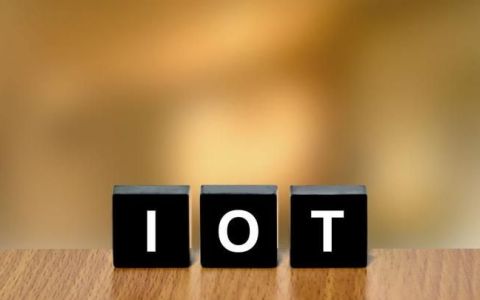Introduction
Appetite, defined as the desire to eat, is a complex phenomenon that involves multiple physiological and psychological factors. It is a crucial component of our survival and works in conjunction with other bodily processes to maintain homeostasis.
However, appetite can also be a source of frustration and concern, particularly when it becomes dysregulated. In this article, we will explore the causes of dysregulated appetite and discuss some potential solutions.
Causes of Dysregulated Appetite
There are several reasons why someone might experience dysregulated appetite, including hormonal imbalances, psychological factors, and environmental cues.
Hormonal Imbalances
Hormones play a significant role in regulating appetite. Two hormones, ghrelin and leptin, are particularly important in this regard. Ghrelin is responsible for stimulating hunger, while leptin signals satiety.
If the body produces too much ghrelin or not enough leptin, it can lead to overeating and weight gain. Conversely, if there is too much leptin or not enough ghrelin, someone may experience a decrease in appetite.
Psychological Factors
Psychological factors can also contribute to dysregulated appetite. Stress, anxiety, depression, and other emotional states can trigger a desire to eat or suppress appetite.
Additionally, disordered eating patterns, such as binge eating or restrictive eating, can also disrupt normal hunger and satiety cues.
Environmental Cues
Environmental cues, such as the sight or smell of food, can trigger appetite as well. For example, the sight of a donut might make someone crave one even if they aren't hungry.
Additionally, our modern food environment is designed to encourage overeating. Processed foods high in sugar, salt, and fat can be highly rewarding and trigger cravings even when we don't need to eat.
Solutions for Dysregulated Appetite
Because dysregulated appetite can have multiple causes, it's essential to identify the root issue before implementing a solution. Here are several strategies that may be helpful:
Hormonal Imbalances
If hormone imbalances are the cause of dysregulated appetite, specific medications or lifestyle changes may be necessary. For example, someone with leptin resistance may benefit from a low-carb, high-protein diet to improve insulin sensitivity.
Psychological Factors
Cognitive-behavioral therapy (CBT) or other forms of therapy can be helpful for addressing underlying psychological factors that are affecting appetite. Mindfulness techniques, stress management strategies, and relaxation exercises may also be useful.
Environmental Cues
Reducing exposure to environmental cues can also help regulate appetite. For example, limiting the amount of processed foods in the diet and avoiding trigger foods can reduce cravings.
Additionally, mindful eating practices, such as paying attention to hunger and satiety cues, can help prevent overeating.
Conclusion
Appetite is a complex and multifaceted phenomenon that is influenced by a variety of factors. Dysregulated appetite can be frustrating, but with proper identification of the underlying issue and implementation of appropriate strategies, it's possible to regain control and establish healthier eating habits.
版权声明:本文来自用户投稿,不代表【新糯网】立场,本平台所发表的文章、图片属于原权利人所有,因客观原因,或会存在不当使用的情况,非恶意侵犯原权利人相关权益,敬请相关权利人谅解并与我们联系(邮箱:435320734@qq.com)我们将及时处理,共同维护良好的网络创作环境。

